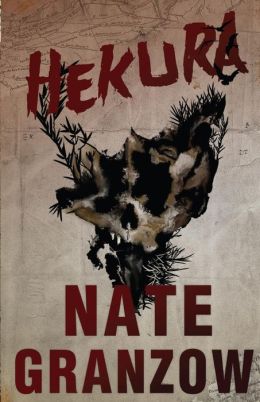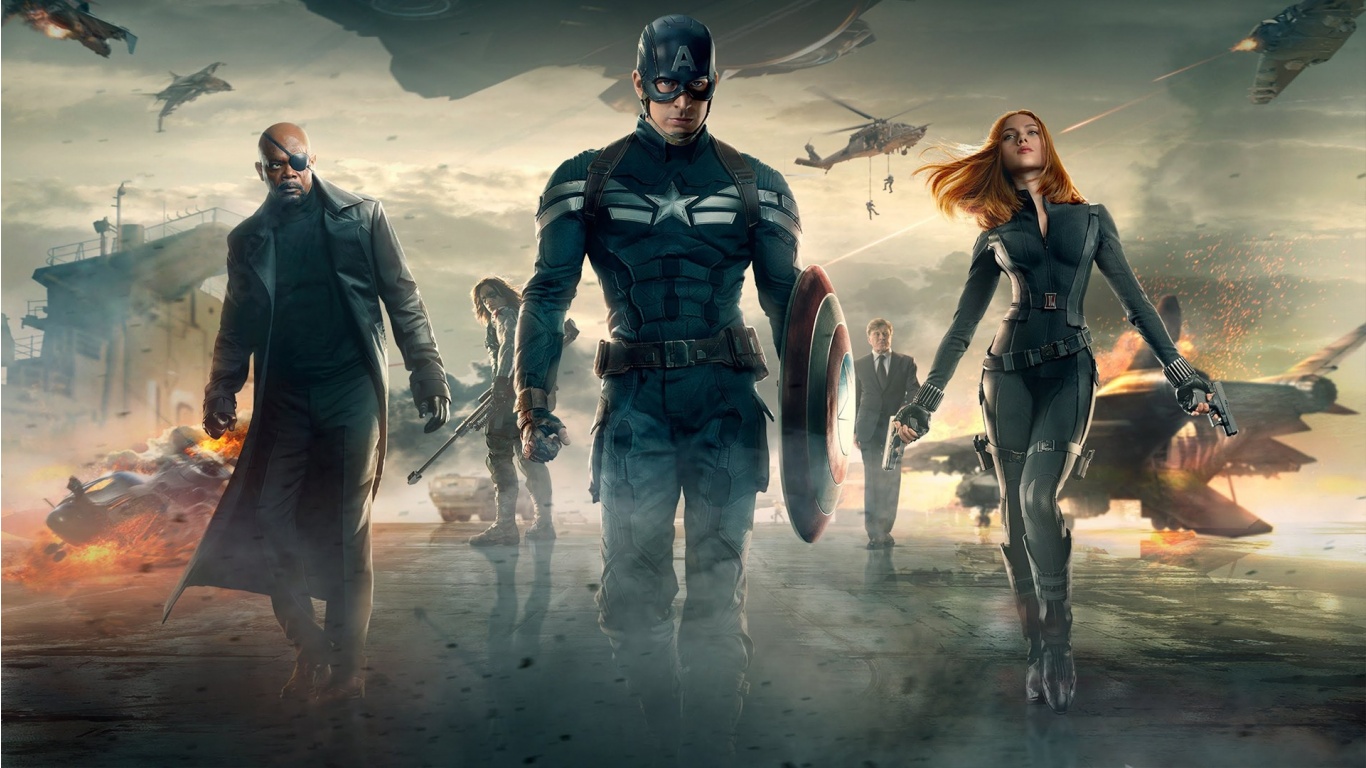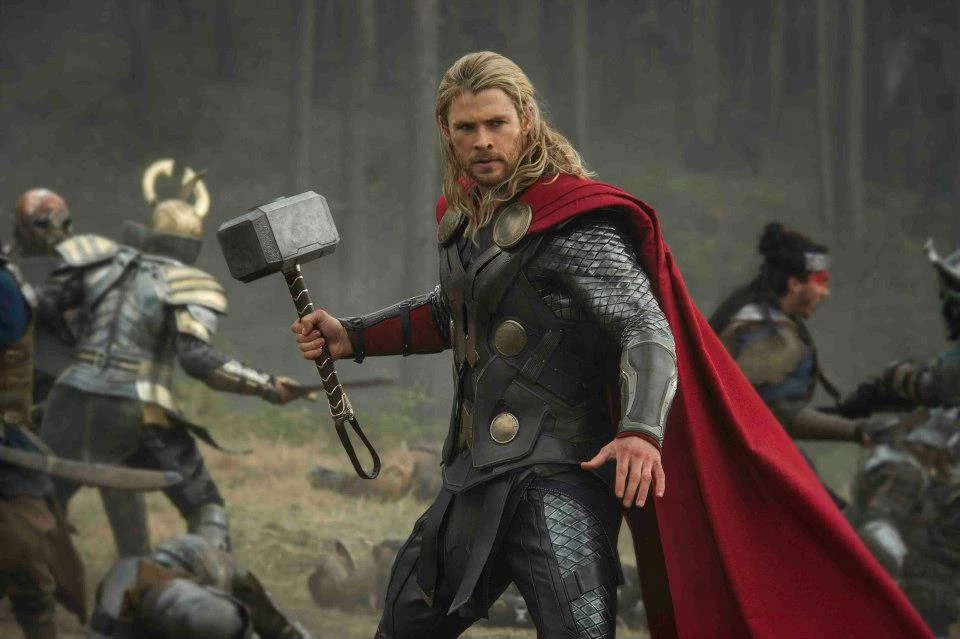Originally posted 2013
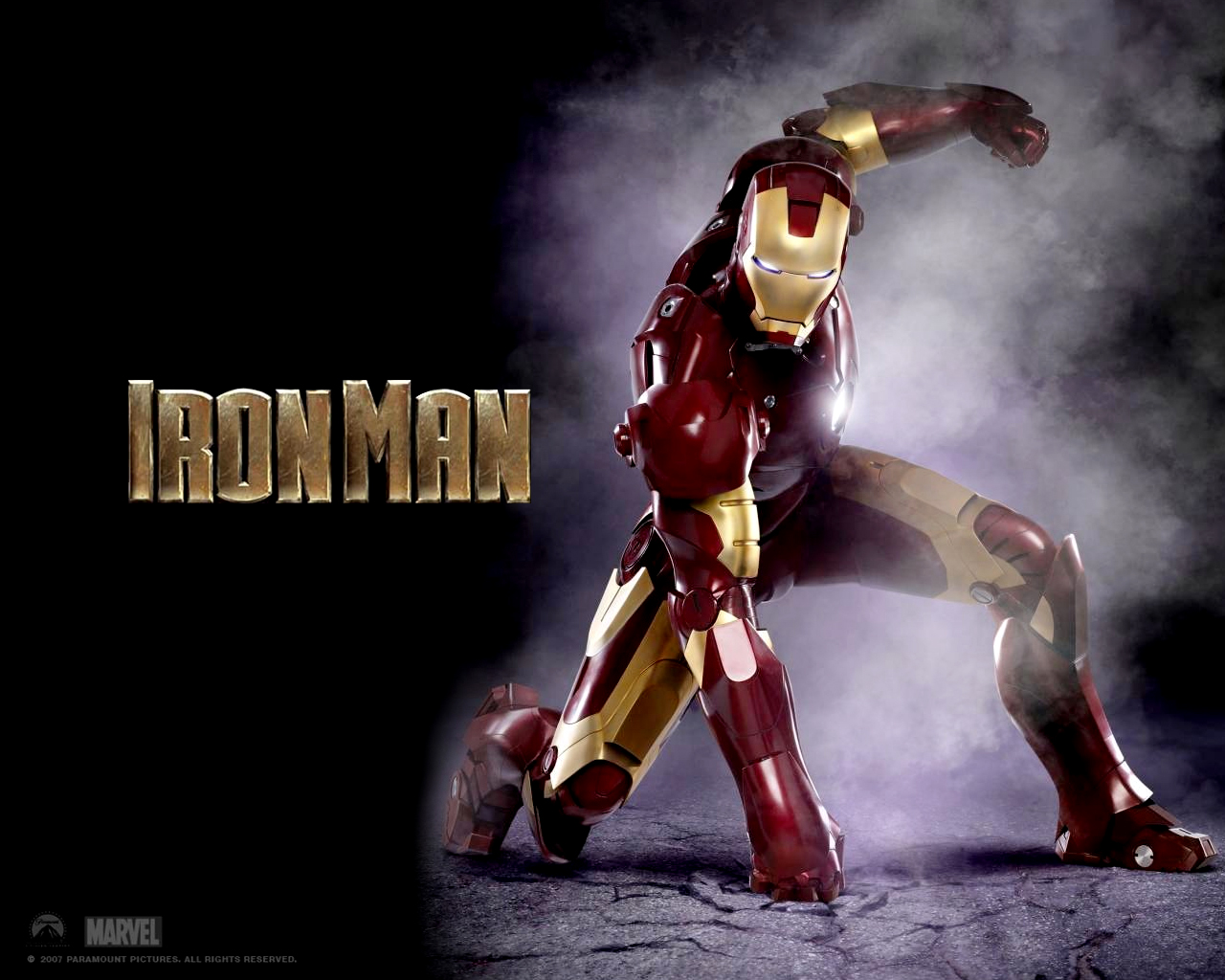
It’s a just about universally accepted rule of Hollywood that even the best movies have sequels that are full of suck. If you dodge the bullet on the second one, then the third is just about guaranteed to blow dog. And yet I kept an open mind when laying down a small fortune to treat my family to a theater viewing of the final chapter in the Iron Man trilogy.
Iron Man I and the Avengers, despite their faults, were thoroughly enjoyable and worth the small fortunes paid for those respective family nights.
Unfortunately, this flick followed the sequel rule. Don’t get me wrong—there’s plenty of explosions and other destruction; cool visuals and special effects; witty dialog, and even some character development on the part of Tony Stark. If that’s enough for most moviegoers (and it probably is), then it will go down a winner. Unfortunately, it’s also brimming over with a whole lot of stupid.
Tony Stark has created a whole lot of different Iron Man armor, including the new “Mark 42” prototype. Meanwhile, he is suffering panic attacks.

And a new slimy capitalist is on the scene, making overtures to Pepper Potts (who runs Stark International now, leaving Stark free to tinker). Turns out the slimy capitalist was a slimy visionary in 1999 whom Stark dissed, while enjoying a one-night stand with a chick who just happens to be a leading scientist making breakthroughs in the very same field being pioneered by the slimy visionary: cellular regeneration. (Wait a minute…didn’t Dr. Connors already pioneer the technology when he became the Lizard in both the comics and the Spiderman reboot movie?)
So after humiliating the seemingly innocuous weirdo (played by Guy Pierce), and forgetting about the one night stand, they’ve come back to haunt him. Kinda’ like how Jim Carey as Edward Nigma/the Riddler came back to haunt Bruce Wayne after a perceived slight in one of those awful Batman flicks.
Meanwhile, a terrorist is bombing and killing indiscriminately, punctuating his reign of terror with video clips. He is called the Mandarin (based loosely on the Marvel villain of that name) and he doesn’t just use bombs—he turns human bodies into bombs.
Happy Hogan (Jon Favreau) is blasted into a coma by one of the Mandarin’s human bombs. Stark gets real mad. How mad? Try stupid mad. He threatens the Mandarin on national TV and gives out his home address, daring the terrorist to preempt his revenge. (Hey, joke’s on you, Stark: that’s not really Happy Hogan, but Daredevil/Matt Murdock’s buddy Foggy Nelson!)
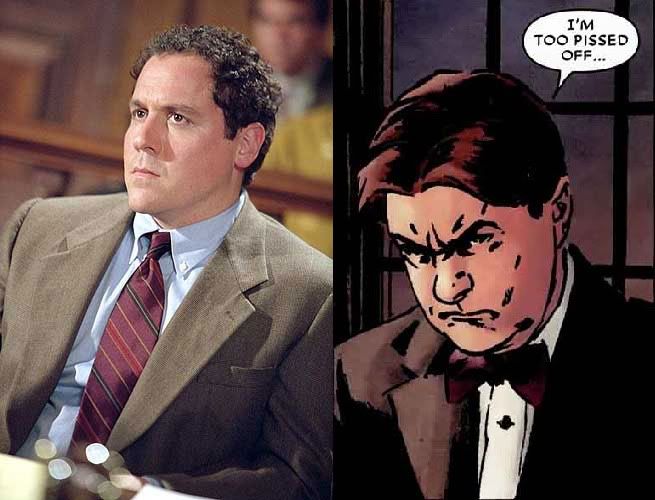
Okay, there’s like this fetish with Hollywood film makers. I’m not talking about the sick sexual thrill they get from destroying fine automobiles for no reason. But this one’s pretty widespread, too. It has to do with revealing secret identities in superhero movies. Bruce Wayne was ready to tell Vicky Vale he was Batman after one flip in the sack. Now that must have been some hot sex! But he had cold feet about it, so Alfred game him a little nudge by just taking her down into the Batcave. I think at least one person per movie learned Gotham’s Dark Knight was Bruce Wayne up until R’as Al Ghul destroyed the Batcave the first time. Then in this latest Batfilm, Bane exposes Wayne’s secret underground Bat-labrinth for the entire population of Gotham City to find.

I lost count of how many times Spiderman lost or removed his mask on the big screen. Unmasking yourself in public is always a clever method for keeping your identity secret. So is confessing on camera, as Tony Stark did in the first Iron Man film.
So here he goes one better, broadcasting his home address as well. Of course said home is obliterated in a spectacular explosionfest during the chopper attack of the Mandarin’s invincible glowing human bomb henchmen. Ho-hum. I have no sympathy for an alleged genius capable of his unrepentant idiocy.
But did the supervillains of the world really need Tony Stark to tell them his home address on TV for them to figure it out? Why didn’t an attack like this take place right after the dumbass told them he was Iron Man in the first movie? Obviously his home defenses were inadequate to deal with a helicopter assault then or at any other time (not that a helicopter assault was needed to take his California cliff-dwelling, but it looks cool and is a good way to burn up millions of budget dollars renting choppers, shooting rockets, and blowing stuff to smithereens).
Big pretty fireballs everywhere, Pepper Potts almost dies, Stark barely escapes with his life, yada yada yada. Then through some contrived devices Stark winds up in Kentucky with his Mark 42 armor out of commission. But never fear: Stark breaks-and-enters a home to get out of the cold, and it just happens to house a boy genius and a suitable workshop in the basement.

Oh yeah: meanwhile, Rhodie’s moniker has been changed from War Machine to Iron Patriot and he loses his armor after stumbling into an ambush.
As we move toward the big climactic showdown, we find out that Stark’s Iron Man armor may have been destroyed in the attack on his house, but he had more armor stored away in a secret chamber underneath the secret chamber we knew about, and the suits can all act as flying robots when he’s not wearing them. That way the actor can show his purty face as he delivers wisecracks all during the epic fight scene.
I’ll leave the plot alone for now. It wasn’t monumentally stupid, relative to the genre. It was about par-for-the-formula for a superhero movie. Nothing impressive.
Be advised that I read Iron Man comic books well before any Marvel Comics character appeared on the big screen, and I have accepted, for the sake of entertainment, that a millionaire industrialist could build a flying suit of powered armor and, wearing it, fight bad guys and super-bad-guys. Unlikely, okay, but possible in theory. Some of what I’m about to point out, however, strains my suspension of disbelief beyond its tensile strength.

First off, Tony Stark built the Iron Man armor to fit his own body, and yet in this movie it comfortably fits anybody of any size and body shape. Rigid armor (such as the plate worn by the knights in the last days of chivalry) has to be custom made to the body of the person who will be wearing it, otherwise the pinching and scraping will become unbearable in no time, mobility will be severely limited and you might suffer serious injury. This might not threaten suspension of disbelief for most people, so I’ll move on.
Evidently, every piece of the new Mark 42 armor is equipped with rocket motors, invisible unlimited fuel supplies, and guidance systems which will home in on Tony Stark’s body no matter where he is, so that when he wants to become Iron Man, these items will fly through the air (sometimes from Kentucky) and clamp onto his appropriate body part. Oh, but be careful—they fly and clamp onto him really fast, sometimes smacking the hell out of anything that gets in their way.
Assuming such miracle technology were possible, once you cram each piece with the rocket motors, fuel, and electronics needed for this neat trick, where would you fit the circuitry, servos and other stuff you need to make the piece do what it’s supposed to do once it’s on Stark’s body?
Along the same lines is the use of these suits as robots. The internals of a robot would be built differently than the internals of a suit which amplifies the strength of the one wearing it (which Iron Man’s armor has always done). First of all, how would there be room for a man inside a man-sized robot? Secondly, if Stark can control these robots remotely, or put them on bad-guy-fighting-autopilot as he does in the climax, why did he ever put himself inside one to begin with?
Toward the end of this movie, Stark undergoes an operation to remove the shrapnel pressing in on his heart. There’s been no mention of a new breakthrough in medical science, so I guess he’s avoided it up to now simply because he liked the rush of existing millimeters from death. And he likes having a nuclear electromagnet in his chest. Girls dig it. It’s a…wait for it…chick magnet.
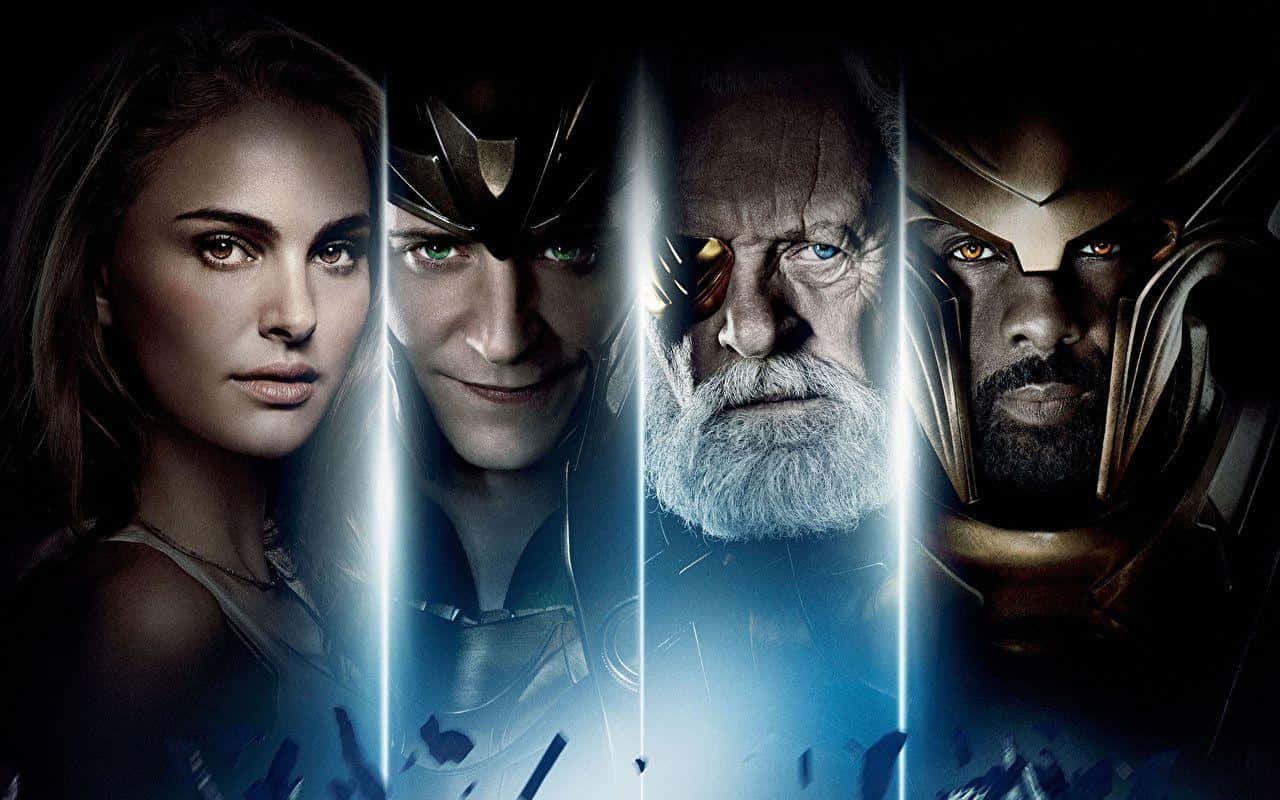
The aforementioned slimy capitalist has developed cellular regeneration technology. No, wait, that’s wrong. He’s a capitalist, after all, guilty of trying to make a profit and other evil motives. He didn’t build that—someone else made that happen. So anyway, the technology allows him to turn his henchmen into invincible superninjas. Not only do limbs and organs grow back when wounded, but these guys can do neat glowing tricks. Not only can they glow, but if they glow red enough they can become human soldering irons…or human bombs.
Stark really needs to work the bugs out of his armor, by-the-way, because evidently it can be crippled by the touch of a glowing finger. The glowing finger doesn’t knock out communications, life support, the onboard computer or the super-neato undressing/dressing back up functions. It doesn’t prevent the robotic (?) neck from turning the head. It only prevents Iron Man and War Machine from fighting back. Until, that is, the tension and suspense of the scene has reached a certain level. Then the arms, legs, repulsors and boot jets magically become operative. For a few seconds. Until the hero is rendered helpless again.
As in all the Marvel movies, the acting was good. There were plenty of jokes and humorous dialog, delivered by Robert Downey Jr. with his usual aplomb. The cinematography was equally high-caliber. The special effects were abundant and visually striking.
Style. Flash. Attitude. It’s got it. And that’s enough for a lot of people. If that’s enough for you, you’ll enjoy this movie.
Len Levinson’s second novel in The Sergeant series is about the battle for Cherbourg.



